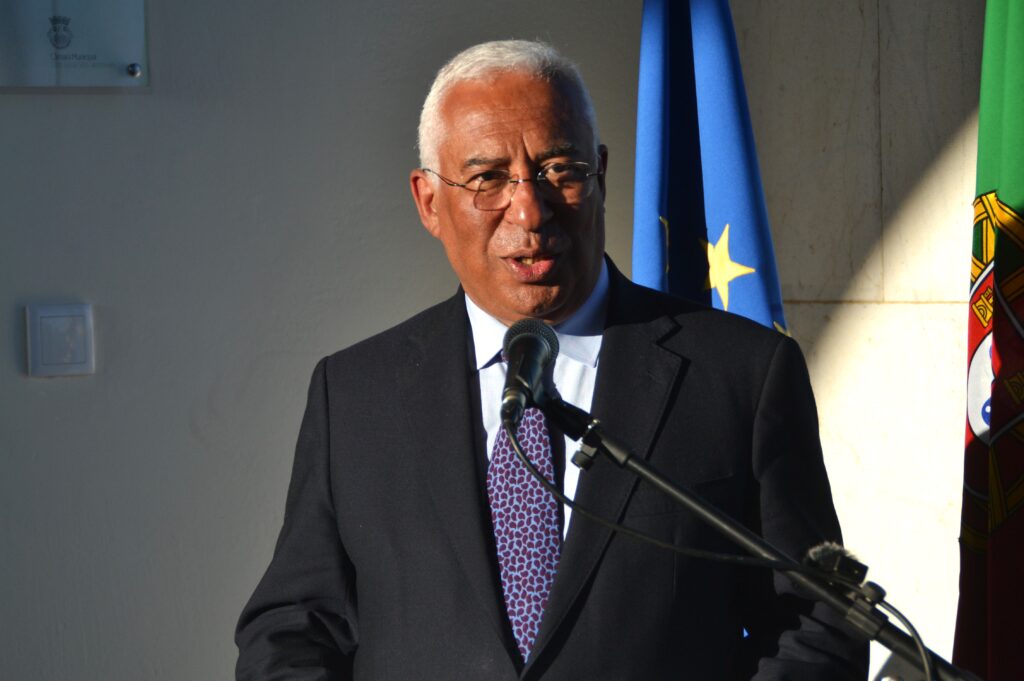The prime minister today considered the regulation of local accommodation essential and stated that the funds from the Recovery and Resilience Plan (PRR) “will almost double the number of houses available in higher education” by 2026.
António Costa was speaking after a meeting with the Coordinating Council of Higher Polytechnic Institutes (CCISP) and the National Federation of Polytechnic Higher Education Student Associations (FNAEESP), at Palácio Foz, in Lisbon.
In his speech, the Prime Minister assumed that he had “no doubts” that many of the houses intended for student accommodation “were diverted to another type of accommodation, certainly more profitable, but creating a very large pressure and imbalance in access to accommodation student”.
“That is why it is essential that we regulate this growth in local accommodation. Also to ensure that there is more housing available for student accommodation and that, in addition to the investment we are making, our students have access to another type of accommodation”, he added.
The session was intended to highlight the circumstance that the diploma that will allow polytechnic institutes to award doctorates will soon come into force – a parliamentary decree already promulgated by the President of the Republic and today signed by the Prime Minister.
The Prime Minister admitted that access to accommodation is currently “the biggest barrier to accessing Higher Education” and defended that a “huge effort is being made and that the country has to be successful”.
“The funds, at the moment, of the Recovery and Resilience Plan, reinforced with funds from the State Budget and which will be reinforced to respond to the increase in costs, namely construction materials, will allow almost doubling the number of beds available in the higher education and I believe that in the polytechnic there will be a 70% increase in available beds by the end of 2026”, he declared.
In the session, the president of the CCISP, Maria José Fernandes, pointed out the “long path that is being taken in what is the appreciation and recognition” of the polytechnic institutes.
He also highlighted the Minister of Higher Education, Elvira Fortunato, for all the “cooperation work” and “public policies”, stressing that they have had as their objective “a better country, a country where families feel more welcomed and, above all, a country where we have a place and know how to occupy it fully”.
As a representative of polytechnic students, the president of FNAEESP, João Pedro Pereira, thanked the Government for the attention given to the issue of polytechnic institutes and recalled the need for the country “to have another capacity at European and world level to provide answers and meet needs”.
“We have excellent qualifications, with a lot of innovation and a response capacity that is not found in any other country, because we know that the Portuguese, what they do, they do well. And, above all, if we train and continue to train with quality, we will respond well to that”, said the president of FNAEESP.
The President of the Republic, Marcelo Rebelo de Sousa, promulgated on the 27th of March the diploma of the parliament that foresees the attribution of doctorates by the polytechnic institutes and the legislation will take effect on the first day of the academic year following that of its publication (predictably in the academic year 2023-2024).



















Comments